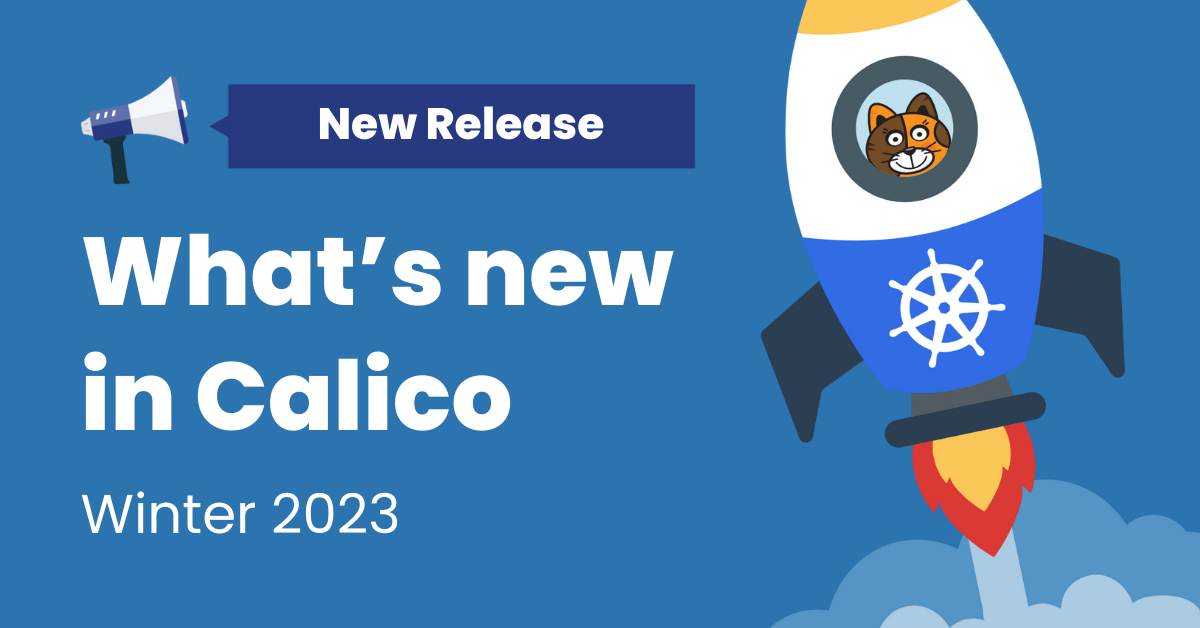We’re thrilled to announce Calico v3.17.0! This release includes a number of cool new features as well as bug fixes. Thank you to each one of the contributors to this release! For detailed release notes, please go here. Here are some highlights from the release…
MTU Auto-Detection
Calico v3.17 supports automatic detection of host MTU and automatic configuration of pod network MTU based on your environment! Calico will now automatically determine the best MTU for new pods based on the underlying network MTU and enabled encapsulation methods, providing optimal network performance without the need for any manual configuration.
Calico has always provided top-of-the-line performance, as evidenced by the latest independent CNI benchmark tests, but required manual MTU configuration in order to unlock. With automatic MTU detection now included in Calico v3.17, you’ll get best-in-class performance right out of the box.
This feature was a long time coming, and something we are really excited about. Keep an eye out for additional improvements in this area, including the ability to adjust MTU for already-running workloads.
Windows BGP Networking
We first released Calico for Windows in Calico v3.16. This original release included support for VXLAN networking only. Calico now supports BGP networking when running on Windows nodes, providing better support for on-premises environments with Windows nodes.
Additional Platform Support for Windows Nodes
During the Calico v3.17 release cycle, the Calico team brought Calico for Windows support to both OpenShift and Rancher clusters. We’ll be continuing to certify the Windows HNS data plane against additional platforms in upcoming releases in order to reach parity with Calico’s native Linux and eBPF data planes, enabling you to choose the right tool for the job wherever your cluster may run.
Simpler Calicoctl Installation and Configuration
A subtle change in Calico v3.17 is that the calicoctl command line tool will now default to using the Kubernetes API datastore (previously set via the environment variable DATASTORE_TYPE=kubernetes), as well as reading from the default kubeconfig located at ~/.kube/config.
This change reduces the amount of configuration required, and makes it easier to install calicoctl. Additionally, calicoctl can now be installed as a kubectl plugin!
Join our mailing list
Get updates on blog posts, workshops, certification programs, new releases, and more!


